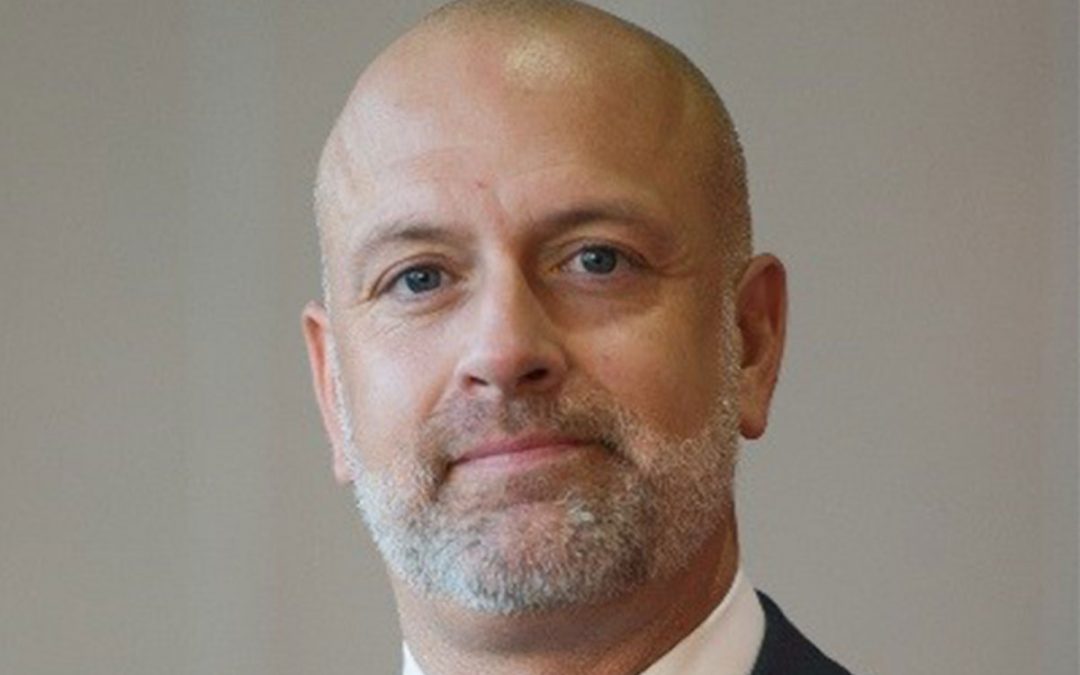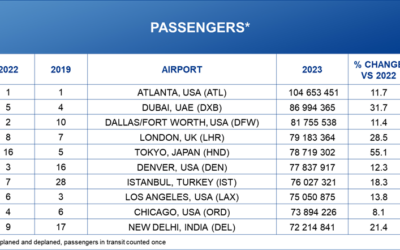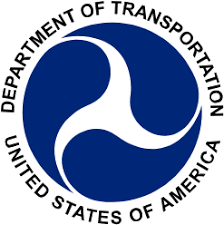The recent legalization of recreational cannabis in Canada has rocked businesses across our northern neighbor’s economy, including the airport industry. Suddenly, airports are responsible for redesigning their regulations on a newly legal, yet still very much controlled substance. Daniel-Robert Gooch, president of the Canadian Airports Council—the organization that serves as the voice of Canadian airports—spoke to AXN staff writer, Shafer Ross, to discuss the implications of the recent move.
Ross: How are airports handling the issue of legalized cannabis in Canada?
Gooch: There are four ways to think about this, and they are: consumption by travelers, consumption by workers, distribution of the product, and [carrying] international borders.
In terms of workers, airports, of course, are employers and work places. The rules haven’t changed – you couldn’t show up to work intoxicated before, and you can’t show up to work intoxicated now. However, legalization does complicate things, because now this is a legal product for most people to consume. Organizations around the country have taken a look at their HR practices and determined whether or not they need to make updates. Organizations across the economy, not just airports, are developing policies for workers who are in safety-specific types of positions, and those will vary greatly depending on the province and by the individual organization.
As for consumption by travelers, most of the airports in the country do not have a place for travelers to consume marijuana. Vancouver is the only one that I’m aware of that does. Some of that is because the rules from province to province vary on where the products can be consumed, vis-a-vis can be it consumed in a public place versus a private residence.
It’s not legal to transport marijuana across international borders. There are signs up at security checkpoints throughout airports. It’s very much a local action, but many airports have put up amnesty boxes. They’ve worked with local law enforcement to ensure that everything is okay, in terms of being in possession of this product and the product being disposed of safely and within the parameters of the law.
Ross: Do you anticipate that airports will begin selling marijuana products in their concessions programs? Has it been assessed how big a potential market it could be?
Gooch: Nationally, we have not looked at the market potential of the product. I’m sure there are a lot of other organizations, consumer organizations, retail organizations that have looked across the economy and come up with estimates on the value of the market.
I’m not aware of any airports that are planning to distribute or sell the product. I think we could see that over time, but at the outset this is still a very new industry and people are still getting their arms around it, and I’m not aware of any airports getting into the business of marijuana distribution or food or beverage at the outset. There is a bit of a phased approach in this. The dried flower and oils are legal at the outset, but edible products and some of the beverage products that are being developed [will] come later – legalization of additional products comes next year. I think we’ll see an evolution of this as consumers become more comfortable with it, and I think we’ll see airports evaluate whether this is something they want to get into and how.
The rules on distribution are very different from province to province. In some provinces, the government is strictly controlling the distribution through its own government-owned stores. In other provinces, private enterprise is playing a role. The opportunity is varied from airport to airport as well, just because of the various jurisdictions that they find themselves in.
Ross: If it were sold in concessions, what could it look like to regulate sales within the airport?
Gooch: Well, it’s illegal to carry marijuana across international borders, even between two jurisdictions where it’s legal, but that’s the situation today. We’ll have to see in the future if that changes. Is Canada the first of many other countries or will it stop with us? We don’t know what the future holds. I think it’s really early to speculate on what airports could eventually do commercially with marijuana or marijuana-infused products.
I think it’s fair to say that airports, like everybody else in Canada, are watching to see how this is going to unfold. This is a very big experiment that Canada has undertaken. There’s no other country in the world that has done this in this way. People talk about Amsterdam; it’s not legal in Amsterdam, it’s tolerated. Uruguay has legalized as well, but it’s only for locals, and the distribution is very limited, and so Canada really is doing something new and unique, and everybody is waiting to see how this is going to unfold.






